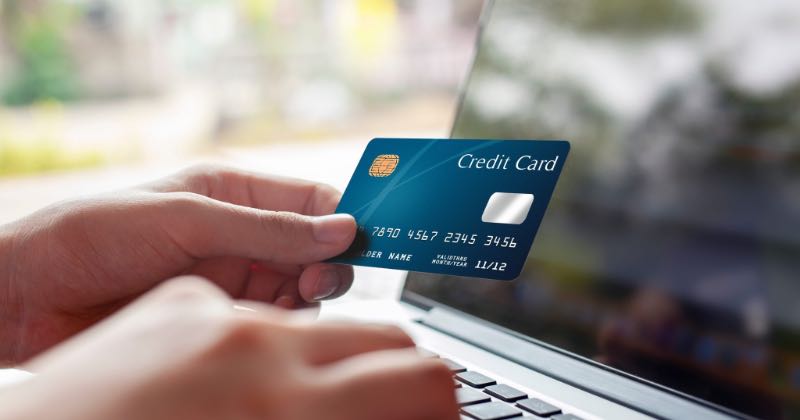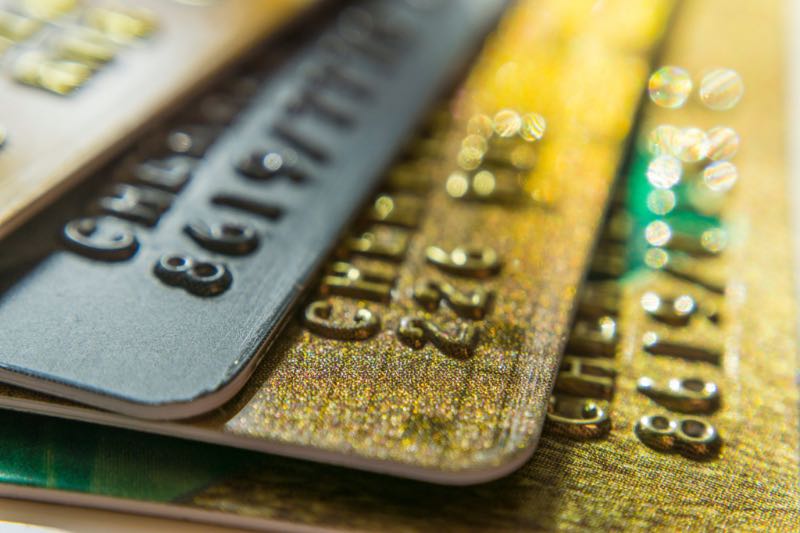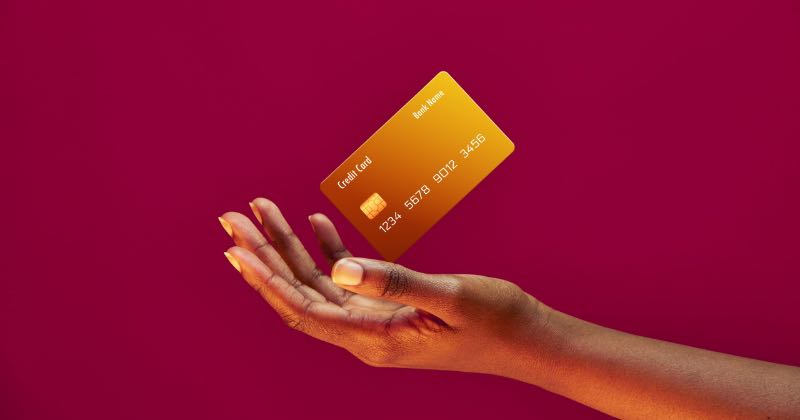Understanding what a secured credit card is and how it works can be the key to improving your financial situation. Secured credit cards have played a significant role in helping many individuals access travel cards, mortgages, and larger loans. Here’s an in-depth look at secured credit cards:
What Is a Secured Credit Card and How Does It Work?

In the world of credit, your credit score is your report card. It reflects how responsible you are with your credit, including paying bills on time and maintaining a low credit utilization rate. A good credit score opens doors to better loans and credit cards.
But what if you have bad or no credit? That’s where secured credit cards come in. These cards are typically for individuals who need to provide collateral before a bank will offer them a credit card. This collateral is essentially a cash deposit held by the bank, acting as a guarantee.
With secured cards, your deposit is your credit limit. If you don’t pay your balance, the bank will use your deposit to settle your account. However, responsible use can lead to the return of your deposit, and some secured cards even convert to unsecured cards after a period of good credit usage.
Secured credit cards can help build or rebuild credit, making them a valuable tool for many individuals. Even if your credit is less than perfect, these cards can pave the way for better financial opportunities in the future.
Difference Between Secured and Unsecured Credit Cards

Secured and unsecured credit cards differ in a fundamental way: the need for collateral.
- Secured Credit Cards: These cards require an initial cash deposit, often a minimum of $200. Your deposit serves as collateral and sets your credit limit. Secured cards are primarily aimed at individuals with bad or no credit.
- Unsecured Credit Cards: Unsecured cards don’t require a cash deposit. Instead, they have specific eligibility criteria, typically involving having at least an average credit score. Unsecured cards often offer a wider range of benefits, including rewards programs, travel perks, and lower interest rates.
Both secured and unsecured cards can help build credit when used responsibly, but secured cards are a starting point for many on their credit-building journey.
Pros and Cons of Secured Credit Cards
Secured credit cards have their strengths and weaknesses:
Pros:
- Credit Building: Secured cards help establish or rebuild credit.
- Accessibility: These cards are relatively easy to obtain, even with low or no credit history.
- Deposit Return: Many secured cards refund your secured deposit after demonstrating responsible credit use.
- Bankruptcy Recovery: Individuals with a history of bankruptcy can use secured cards to rebuild their credit.
Cons:
- Limited Benefits: Secured cards typically lack perks like rewards programs, travel benefits, or 0% APR introductory periods.
- Higher Interest Rates: Interest rates on secured cards are often higher than those on unsecured cards.
- Minimum Deposit: You must make a cash deposit, usually at least $200, to open a secured card.
- Limited Credit Limit: Your credit limit is usually equal to your deposit, so a low deposit means a low credit limit.
Credit Score Requirement for Secured Credit Cards

Secured credit cards are exceptionally inclusive when it comes to credit scores. Most do not conduct credit checks or require a minimum credit score. Instead, they may evaluate your income and debt levels.
How to Use a Secured Credit Card to Improve Your Credit Score
Secured credit cards can be a powerful tool for credit improvement:
- Use Moderation: Keep your credit utilization rate (credit used compared to your limit) below 30% to maintain a positive impact on your credit score.
- Pay On Time: Always pay your full balance on time to build a good payment history.
- Monitor Your Progress: Check your credit score regularly. When it improves, consider asking your card issuer to convert your secured card to an unsecured one.
While secured credit cards might not be your first choice, they serve as an essential step for many individuals on their journey to better credit and financial opportunities.









